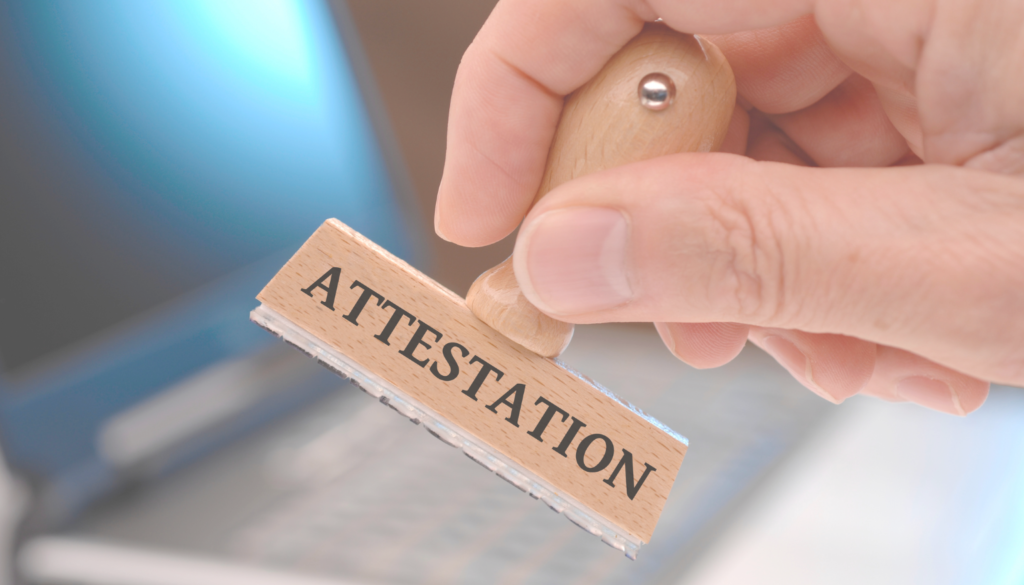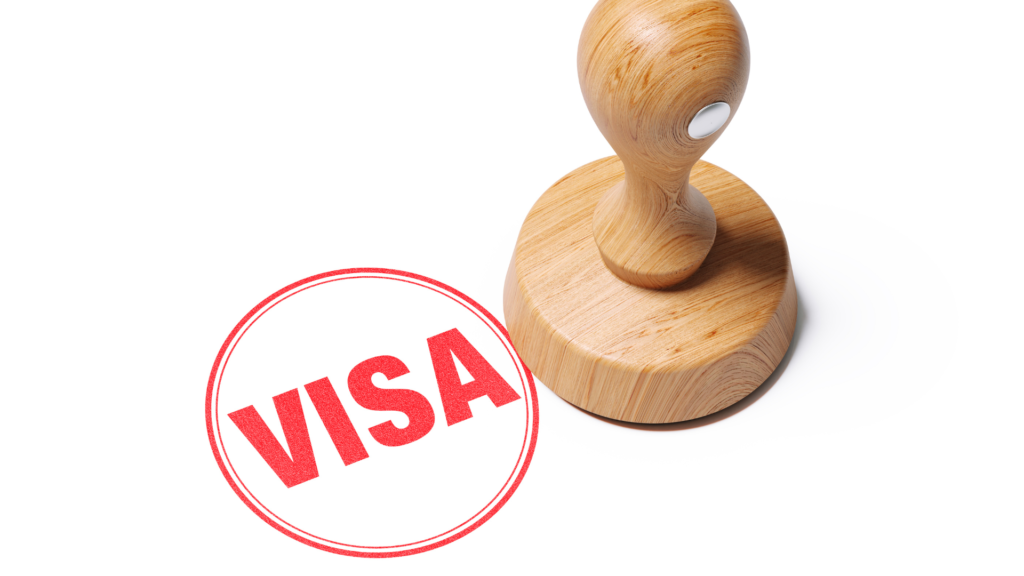If you’ve recently moved to Dubai or are getting ready for a new job, enrolling your kids in school, starting a business, or applying for a visa, you’ve likely come across the term document attestation. While it might sound complicated, the process is simply a way for the UAE government and other institutions to verify that your documents are legitimate and legally acceptable.
In this human-friendly guide, we’ll explain what document attestation means, when and why you need it, and how to go through the process in Dubai without the stress.
What Is Document Attestation?
Document attestation is the process of officially verifying a document so that it’s accepted by the UAE authorities. It involves getting a stamp or seal from various legal bodies that confirm your document is real and valid.
You may need to attest documents issued either inside the UAE or from abroad. The goal is to ensure that any official paperwork—like a birth certificate or degree—is trustworthy, genuine, and recognized under UAE law.
When Do You Need Document Attestation in Dubai?
There are many everyday reasons people in Dubai need document attestation, including:
- Applying for a work or residence visa
- Sponsoring family members
- Registering children in school
- Getting married or divorced in the UAE
- Starting or expanding a business
- Purchasing property
Attestation is also required for academic and legal purposes, such as applying for university, transferring schools, or proving a legal relationship.
Types of Documents That Require Attestation
Here are some common documents that often require attestation in Dubai:
- Birth and marriage certificates
- Educational degrees and diplomas
- Employment contracts
- Powers of attorney
- Business licenses and MOAs (Memorandum of Association)
- Court-issued documents or personal affidavits

Attesting UAE-Issued Documents
If your document was issued in Dubai or another emirate, here’s the general process:
- Get the document notarized – Start with a notary public, usually through Dubai Courts or a licensed legal consultant.
- Attest with the Ministry of Justice (MOJ) – They validate the notary’s stamp.
- Final attestation by MOFAIC – The Ministry of Foreign Affairs and International Cooperation (MOFAIC) adds the final stamp to legalize it for use locally or internationally.
Attesting Foreign-Issued Documents
If your document was issued in another country, you’ll usually follow this order:
- Attestation by the issuing country’s relevant authority – This could be the ministry of education, health, or foreign affairs, depending on the document.
- UAE Embassy or Consulate attestation – Done in the country where the document originated.
- MOFAIC attestation in Dubai – This is the final step after the document arrives in the UAE.
Step-by-Step: How to Get Documents Attested in Dubai
1. Check What’s Required
Find out exactly what documents you need and what kind of attestation is expected. You can often ask your employer, school, or legal advisor.
2. Prepare Your Documents
Make sure everything is complete, accurate, and properly translated into Arabic if needed. Translation should be done by a certified translator.
3. Visit the Relevant Authorities
Depending on your situation, this could include:
- Dubai Courts (for notarization)
- Ministry of Justice
- Ministry of Foreign Affairs and International Cooperation (MOFAIC)
4. Pay the Fees
Expect to pay AED 50 to AED 150 per document, depending on its type and where you’re in the process. Payments can usually be made online or by card at government counters.
5. Wait for Processing
Some documents are processed within a day; others might take a few business days. If you’re in a rush, check if express services are available.
MOFAIC Online Attestation
The UAE has made things easier by offering online document attestation via the MOFAIC website or app. You’ll need:
- A UAE Pass login
- Scanned copies of your documents
- A valid payment method
After submitting your request, you can opt for:
- Courier pickup and return (via Aramex or Zajel)
- In-person appointment for urgent needs

Tips to Keep It Smooth
- Double-check spelling and names across all documents
- Always translate non-Arabic documents with an approved translator
- Save digital and hard copies of every attested document
- Track your applications using the reference number provided
Final Thoughts
Document attestation in Dubai is a necessary step to ensure your paperwork is recognized and respected by the government, schools, employers, and legal institutions. While the process might sound technical at first, it becomes simple once you know what to expect and where to go.
Whether you’re handling this yourself or getting help from a professional attestation service, the key is to stay organized and follow the process carefully. Once your documents are stamped and approved, you’re all set to move ahead with your personal, academic, or professional goals in the UAE with confidence.
And if you’re ever unsure about the process, don’t hesitate to ask a certified service provider or legal consultant. It’s always better to double-check than delay your plans.


